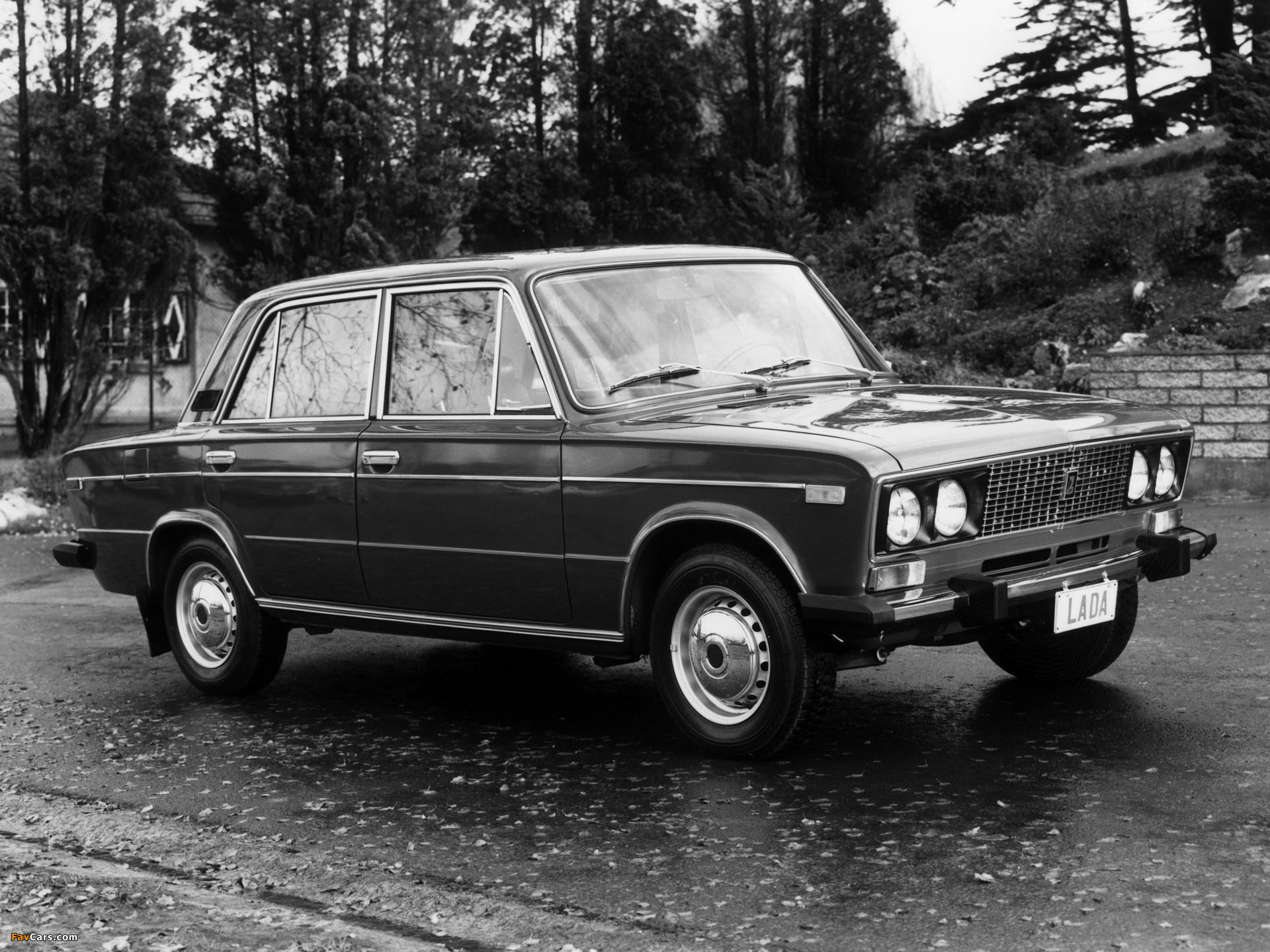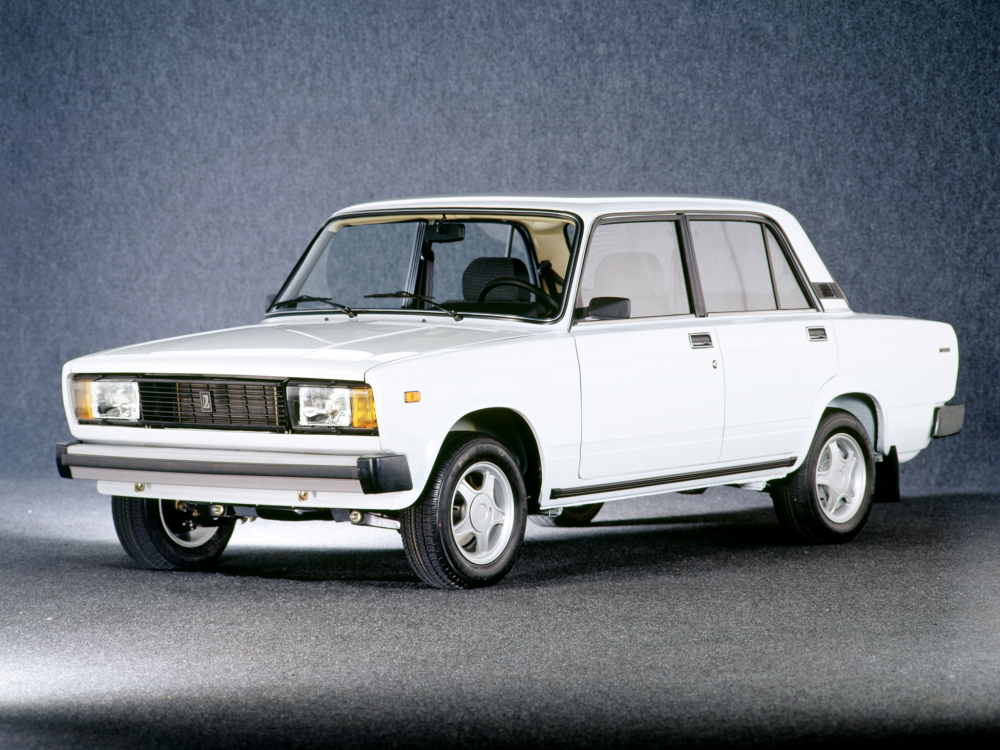


There are sounds that, the moment they echo, bring an entire era rushing back — like the solid “clack” of a Lada door closing, a symbol of a bygone age that still lives on in the memories of the Vietnamese people.
Now, the legendary Russian automotive brand is preparing to make its grand return to Vietnam — carrying with it echoes of nostalgia and the pulse of a new era.
Born in 1966 in the city of Tolyatti on the banks of the Volga River, Lada was a child of Soviet industry — a symbol of durability, simplicity, and reliability.
Based on Italy’s Fiat 124, the first Lada 2101 rolled off the production line in 1970, marking the beginning of a golden age. It soon became the “national car” of the Soviet Union, with over 20 million vehicles roaming the world — from the frozen roads of Siberia to the sun-soaked streets of Cuba, Egypt, and Vietnam.

Lada arrived in Vietnam in the late 1970s, when the country was rebuilding after years of war.
Models like the Lada 2105, 2107, and the iconic Lada Niva 4x4 became familiar sights among government offices, diplomatic missions, and urban families.
For many Vietnamese, Lada was more than just a car — it was a way of life.
Its boxy silhouette, sturdy frame, and strong engine could conquer dirt roads, mountain passes, and river crossings — a dependable companion through every journey.
In Hanoi during the 1980s, Ladas lined the streets — in white, blue, or sand-yellow — quietly resting beneath rows of xà cừ trees, reflecting the afternoon sun like a living piece of film history.
People still remember the smell of leather mixed with gasoline, the steady growl of the engine on cold mornings, and the sight of their father starting the car before the family set out.
Lada was part of everyday life — of travels, reunions, and unforgettable memories.

After the collapse of the Soviet Union, Lada withdrew from Vietnam, leaving behind a void in the hearts of many.
The company itself endured years of turbulence — changing ownership before being restructured under Renault in the early 2010s.
Under the fusion of French engineering and Russian spirit, Lada was reborn with models like the Vesta, Granta, and XRay — more modern and safer, yet still grounded in the brand’s original values: practicality, endurance, and authenticity.
.jpg)
By 2022, following Renault’s exit, Lada returned to full Russian ownership, reclaiming its national identity — a brand that is both classic and proudly patriotic, standing firm amid global automotive shifts.
In today’s fast-evolving car market, Lada’s return feels both familiar and fresh — a meeting point between memory and modernity.
For Vietnamese people, Lada represents a time of resilience — of Vietnam–Soviet friendship and shared progress.
Now, as the world moves forward, Lada returns with a renewed identity — blending modern Russian engineering with its timeless values of simplicity, endurance, and honesty.
It’s not merely the revival of a brand — it’s the return of a memory, a piece of youth, and a fragment of history.
Every car tells a story, and every journey recalls a chapter of the past.

On October 22, 2025, in Hanoi, CarOn Holdings JSC officially signed a strategic cooperation agreement with L-EXPORT JSC — the official export partner of LADA (Russian Federation) — and Aster Auto Vietnam Co., Ltd, the official importer and distributor of LADA in Vietnam.
This event marks a significant milestone in bringing LADA back to Vietnam, aiming to establish a comprehensive ecosystem encompassing sales, after-sales services, and maintenance — reviving a brand that once held a special place in the hearts of many Vietnamese generations.
According to the agreement:
CarOn Holdings will act as a strategic partner of Aster Auto Vietnam, responsible for after-sales services, repairs, and maintenance for LADA vehicles.
Additionally, CarOn Holdings will explore opportunities to develop a nationwide dealer network and identify potential partners to expand the brand’s distribution scale.
From the familiar “clack” of gear shifts in the 1980s to the hum of engines on Vietnam’s roads today, Lada once again proves its essence — a timeless symbol of durability, reliability, and sincerity — just as it has always lived in the hearts of millions of Vietnamese.